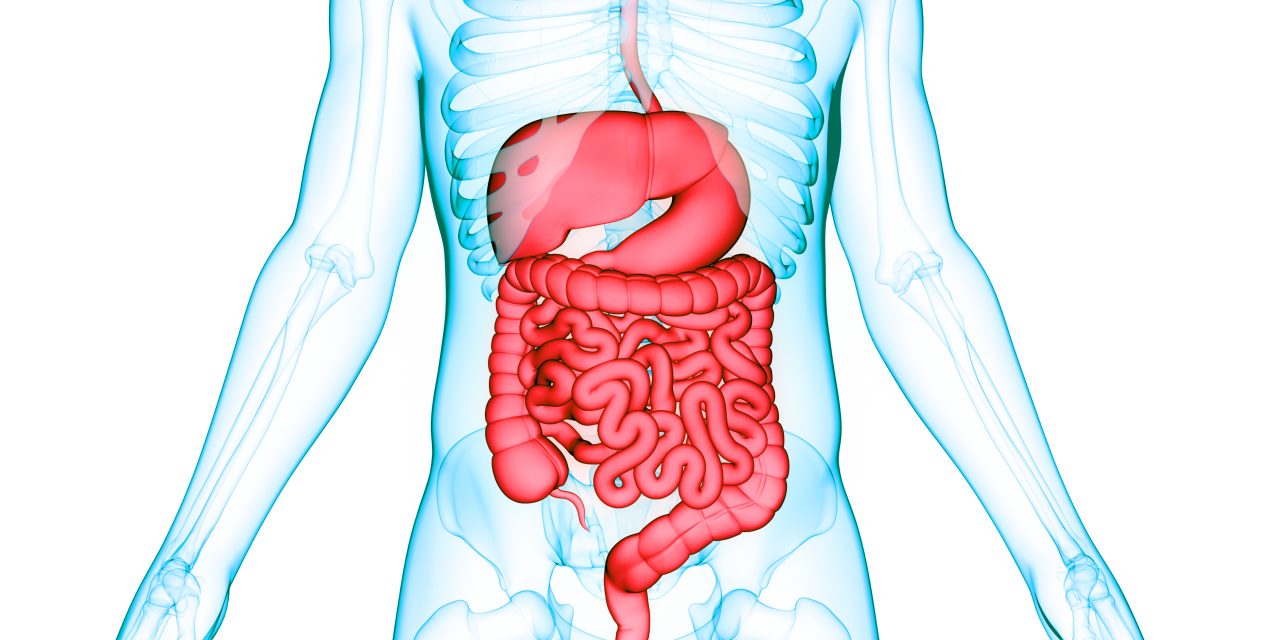Most individuals with cystic fibrosis (CF) have pancreatic insufficiency, which contributes to malnutrition. In the United States, 3600 people with cystic fibrosis require enteral nutrition (EF). Despite the fact that they were not developed or approved for this use, oral pancreatic enzymes are routinely used with EF. It was created as an immobilised lipase cartridge (ILC) for extracorporeal digestion of enteral feedings. The sponsor supplied it to patients in a structured programme, which the researchers assessed to determine the ILC’s efficacy on nutritional status. While reimbursement attempts were underway, the programme supplied the ILC to patients who had been prescribed the device.Baseline anthropometric data were gathered, followed by measurements of height, weight, and body mass index (BMI) at 6 and 12 months. 100 patients satisfied the inclusion criteria. Over a 12-month period, there were substantial increases in height and weight z-scores, as well as an improvement trend in BMI in individuals over the age of two. From baseline to 12 months, the frequency of reaching the 50th percentile increased gradually for weight and BMI but not for height.
This study of a programme to help patients get access to ILC shows that there is room for improvement above standard of care. The connection of ILC usage with substantial changes in anthropometric measures in patients with CF over a 12-month period indicates the efficacy of ILC as rational enzyme treatment during enteral feedings.
Reference: https://journals.lww.com/jpgn/Fulltext/2021/01000/Evaluation_of_the_Effectiveness_of_In_line.6.aspx


